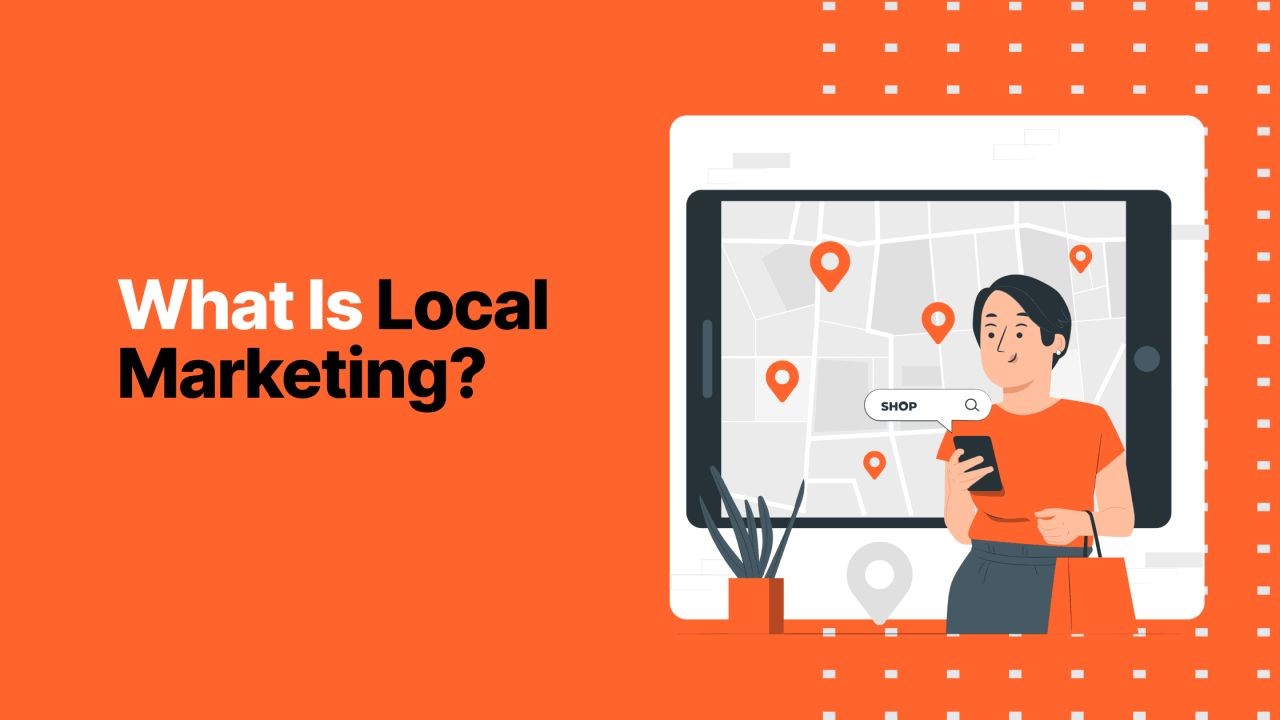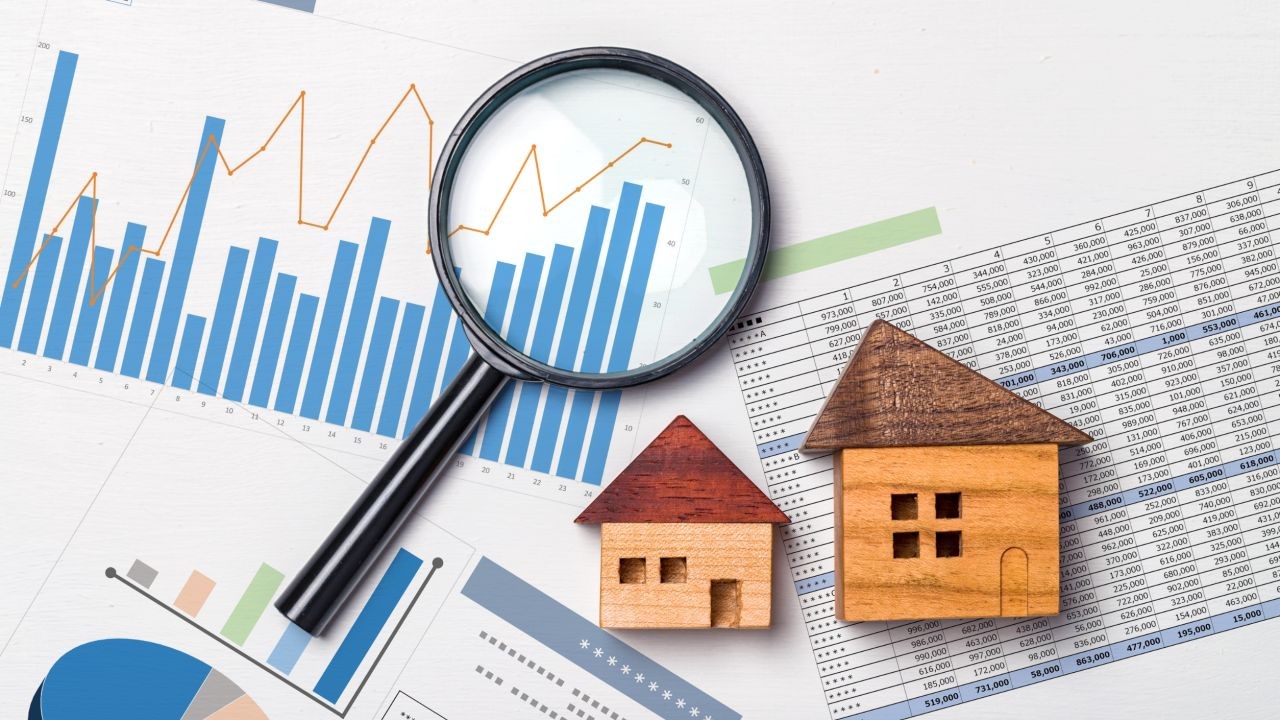In the rapidly evolving landscape of artificial intelligence, both Sydney and Melbourne have emerged as leading hubs, each vying for dominance in the AI sector. With their distinct advantages, these two cities are shaping Australia's AI future in unique ways. But which city is truly spearheading the AI revolution? This article delves into the intricate dynamics of AI development in Sydney and Melbourne, focusing on innovation, industry trends, and the implications for cybersecurity consultants.
AI Innovation: Sydney vs. Melbourne
Sydney, as Australia's financial nerve center, naturally attracts substantial investment in AI-driven solutions. With a robust infrastructure supporting tech startups and a thriving business ecosystem, Sydney offers a fertile ground for AI innovation. The city hosts numerous AI-focused events and conferences, fostering collaboration between academia and industry.
In contrast, Melbourne is renowned for its academic prowess and research capabilities, boasting top-tier universities like the University of Melbourne and RMIT University. This strong academic foundation propels cutting-edge research in AI, particularly in healthcare and education sectors. Melbourne's vibrant startup culture is further bolstered by initiatives such as LaunchVic, which provides funding and support to innovative tech enterprises.
Data-Driven Insights: Economic Impact
According to the Australian Bureau of Statistics, the tech industry contributes significantly to the national GDP, with AI technology playing a crucial role. A report by Deloitte forecasts that AI could add an estimated AUD 315 billion to the Australian economy by 2028, driven largely by developments in Sydney and Melbourne.
Furthermore, the Reserve Bank of Australia highlights the potential for AI to enhance productivity across various sectors, from finance to agriculture. In Sydney, the financial sector has been quick to adopt AI for fraud detection and personalized customer experiences. Meanwhile, Melbourne's healthcare innovations, leveraging AI for predictive analytics and patient management, are setting benchmarks globally.
Real-World Applications: Case Studies
Case Study: Sydney's AI in Finance
Problem: A leading Sydney-based financial institution faced challenges with fraud detection, experiencing an increase in unauthorized transactions.
Action: To combat this, they implemented an AI-driven fraud detection system, utilizing machine learning algorithms to analyze transaction patterns in real-time.
Result: Within six months, fraud incidents dropped by 35%, saving the company approximately AUD 10 million annually. The system's predictive capabilities also enhanced customer trust and satisfaction.
Takeaway: AI's role in financial security is undeniable, offering significant ROI and operational efficiency. Sydney's financial sector, by embracing AI, is setting a national standard for innovation.
Case Study: Melbourne's AI in Healthcare
Problem: A Melbourne hospital faced inefficiencies in patient data management, leading to delays in treatment and increased operational costs.
Action: The hospital introduced an AI-powered system to streamline patient data, enabling real-time access to medical histories and predictive analytics for treatment plans.
Result: Patient wait times reduced by 20%, and treatment accuracy improved, resulting in better patient outcomes and a 15% reduction in operational costs.
Takeaway: Melbourne's healthcare sector demonstrates AI's transformative potential, not only enhancing patient care but also driving cost efficiencies.
Ethical Concerns and Regulatory Insights
While AI presents substantial benefits, it also poses ethical challenges, particularly in data privacy and security—a crucial concern for cybersecurity consultants. The Australian Competition & Consumer Commission (ACCC) stresses the importance of maintaining robust data protection standards, as AI systems often handle vast amounts of sensitive data.
In response, the Australian government is actively developing regulatory frameworks to address these issues. Cybersecurity consultants must stay informed about these evolving regulations to ensure compliance and safeguard consumer data. Additionally, the Australian Prudential Regulation Authority (APRA) provides guidelines for integrating AI technologies without compromising data security.
Pros and Cons of AI Adoption
Pros:
- Enhanced Efficiency: AI streamlines operations, leading to increased productivity and reduced costs.
- Innovation Catalyst: Fosters innovation across industries, driving economic growth.
- Data-Driven Insights: Provides valuable insights for decision-making and strategic planning.
Cons:
- Data Privacy Risks: Potential for data breaches and misuse of personal information.
- Regulatory Challenges: Navigating complex regulatory landscapes can be daunting.
- Job Displacement: Automation may lead to job losses in certain sectors, necessitating workforce reskilling.
Common Myths and Misconceptions
Myth: "AI will completely replace human jobs."
Reality: While AI automates certain tasks, it also creates new job opportunities in AI development and maintenance sectors. A study by the Australian Treasury suggests that AI could lead to a net gain in employment, with a shift towards more skilled roles.
Myth: "AI adoption is only for large corporations."
Reality: Small to medium enterprises (SMEs) are increasingly leveraging AI for competitive advantage. Programs like the Australian government's Innovation Connections offer support for SMEs to integrate AI technologies.
Future Trends and Predictions
Looking ahead, both Sydney and Melbourne are poised to play pivotal roles in shaping Australia's AI landscape. By 2030, AI is expected to be integral to all major industries, with Sydney leading in finance and business applications, while Melbourne excels in healthcare and education innovations.
The collaboration between government, academia, and industry will be crucial in addressing ethical and regulatory challenges. Cybersecurity consultants will play a vital role in safeguarding data integrity and ensuring compliance with evolving standards.
Conclusion
In the race to lead the AI boom, both Sydney and Melbourne bring unique strengths to the table. For cybersecurity consultants, understanding the nuances of AI development in these cities is crucial for advising businesses on strategic adoption and risk management. As AI continues to transform industries, staying informed and adapting to new technologies will be key to leveraging AI's full potential.
What’s your take on Sydney vs. Melbourne in the AI landscape? Share your insights below!
People Also Ask (FAQ)
How does AI impact businesses in Australia?
AU businesses leveraging AI report 25%+ higher customer retention, according to Deloitte. Adopting AI strategies can enhance engagement and revenue significantly.
What are the biggest misconceptions about AI?
One common myth is that AI will replace all jobs. However, research from the Australian Treasury shows that AI creates more job opportunities in new sectors.
What upcoming changes in Australia could affect AI?
By 2026, policy updates in data protection could shift the AI landscape—staying ahead by adopting ethical AI practices will be crucial.
Related Search Queries
- Sydney AI innovation
- Melbourne AI startups
- AI regulations in Australia
- AI impact on Australian economy
- AI cybersecurity challenges
- Future of AI in Australia
- AI job market Australia
- Sydney vs. Melbourne tech hub
- AI investment trends Australia
- AI-driven healthcare in Melbourne

































FloydSpedd
9 months ago